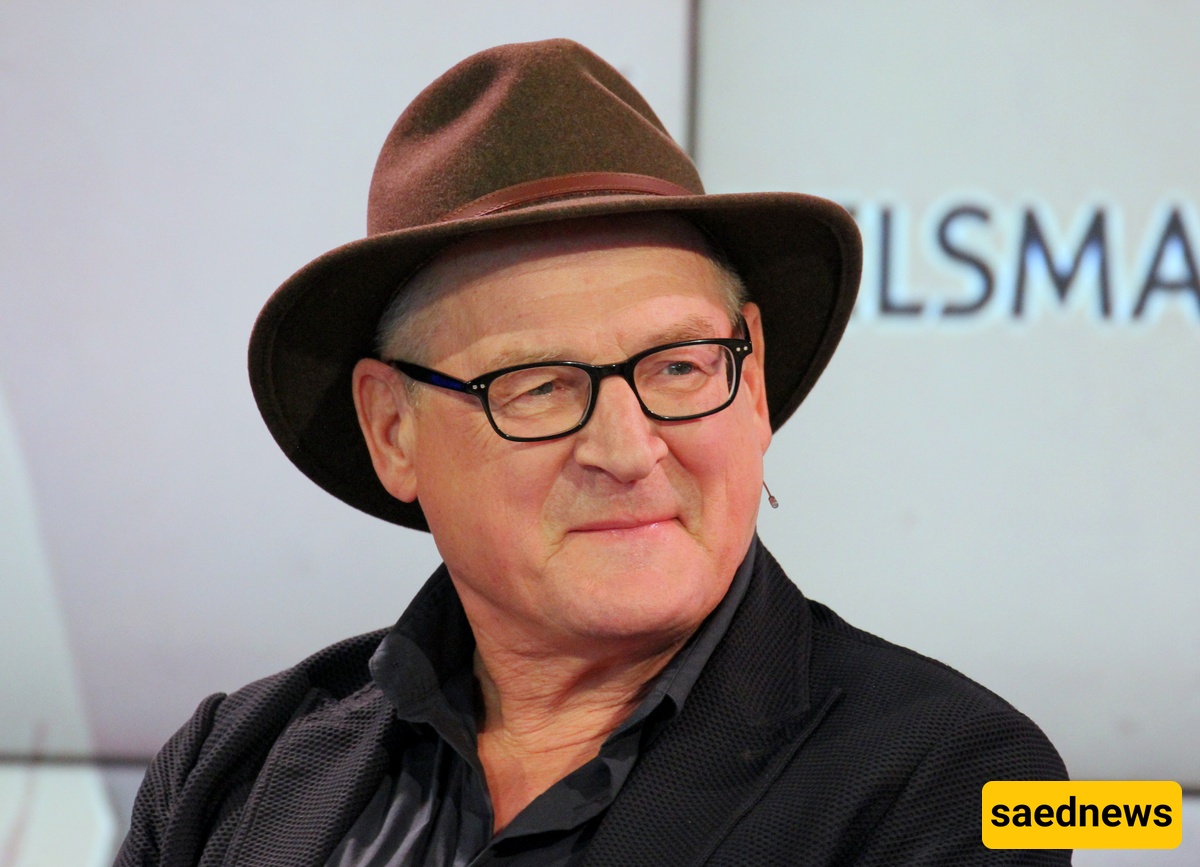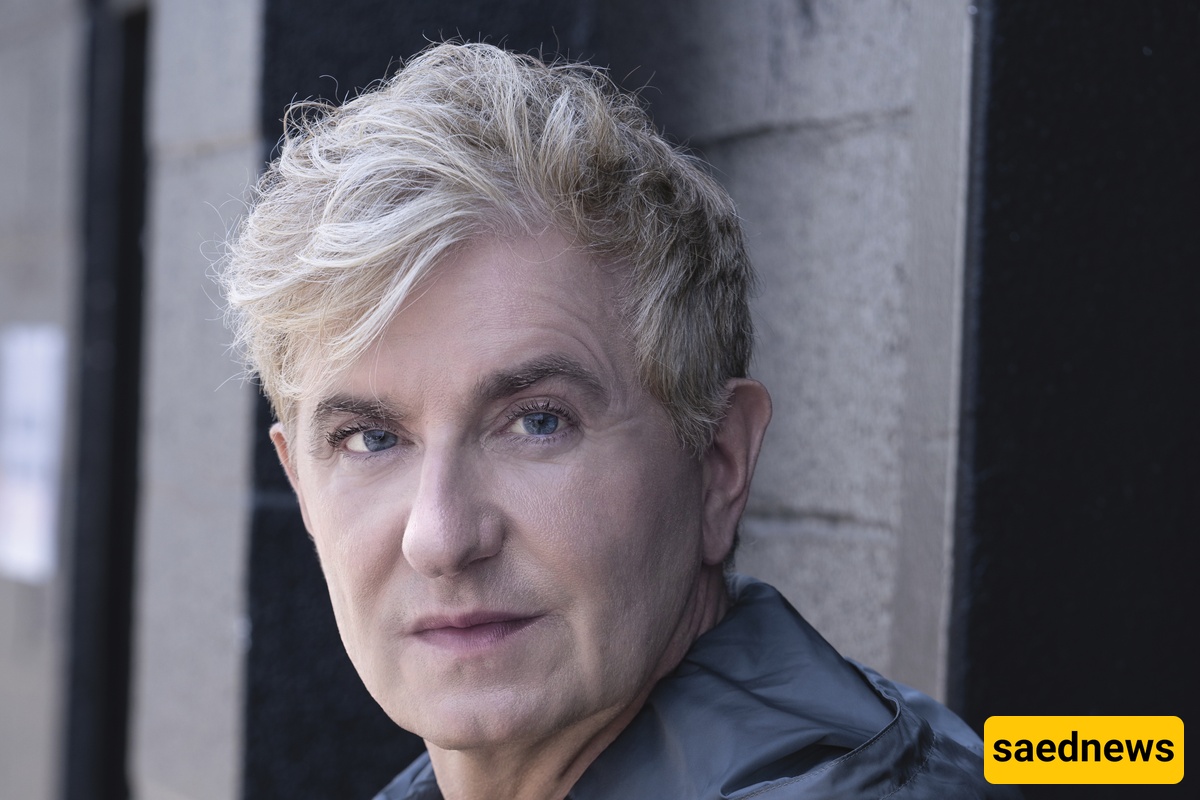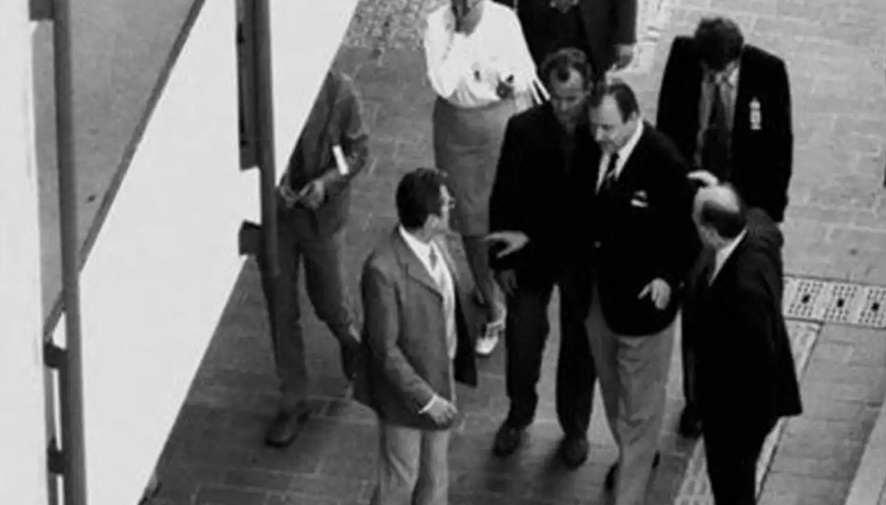SAEDNEWS: A new film, One Day in September, dramatizes the first meeting between Germany’s Konrad Adenauer and France’s Charles de Gaulle in 1958. But while it captures the tension and humanity of the moment, it also blurs key historical truths about the path to European unity.

According to Saed News; On a golden September afternoon in 1958, Konrad Adenauer, the first chancellor of postwar Germany, traveled to northeastern France to meet Charles de Gaulle. The encounter would mark a turning point in Franco-German relations and, decades later, inspire a television drama that is now making waves: One Day in September, directed by Kai Wessel.

The ZDF–Arte co-production, starring Burghart Klaußner as Adenauer and Jean-Yves Bartelt as de Gaulle, premiered this week and is already being hailed as one of the most gripping political dramas of the year. But behind its cinematic brilliance lies a debate: how much of history should be sacrificed for the sake of storytelling?


Adenauer’s trip was far from smooth. His motorcade famously got lost, heading to Colombey-les-Belles instead of Colombey-les-Deux-Églises, de Gaulle’s home. When he finally arrived, de Gaulle greeted him with rusty German from his prisoner-of-war days: “How are you walking?” to which Adenauer drily responded, “On foot.”
That meeting, held on September 14, 1958, is remembered as the beginning of an unlikely friendship. Both men were deeply Catholic, survivors of war, and staunch believers in democracy. Despite clashing visions for Europe, they recognized the necessity of reconciliation after centuries of hostility.
Screenwriter Fred Breinersdorfer filled historical gaps with invented characters and narratives. De Gaulle’s cook, Louise, rebels against serving Germans. Two young journalists symbolize a hopeful postwar generation. Most importantly, de Gaulle’s wife Yvonne, played by Hélène Alexandridis, is given a central role: she breaks the ice between the two leaders by sharing her personal tragedies.
These additions enrich the drama but also distort the facts. The film suggests that Adenauer faced hostility from French villagers throwing eggs — when in reality, he was greeted warmly. It also frames 1958 as the first serious attempt at Franco-German rapprochement, ignoring earlier milestones like the 1951 European Coal and Steel Community and the 1957 Treaties of Rome.

The movie downplays de Gaulle’s skepticism toward Europe. In truth, he opposed supranational institutions like the European Commission and saw the 1963 Franco-German Friendship Treaty as a tool for French grandeur rather than European unity. His resistance forced the Bundestag to add a pro-NATO clause, infuriating him.
Yet, despite these disputes, the partnership endured — laying the groundwork for today’s European Union. The film captures the emotional truth of two aging statesmen overcoming history’s weight, even if it glosses over their political battles.
The drama is not just about the past. At a time when Europe faces new challenges — from Brexit to Russian aggression — the Adenauer–de Gaulle story reminds us how fragile, yet vital, international friendships can be.
As Klaußner, who plays Adenauer, remarked: “The film makes you realize how personal relationships in politics matter more than we often think.”
Millions of Europeans still benefit from the legacy of two men who chose dialogue over division. One Day in September is a powerful, if imperfect, reminder of that choice.

